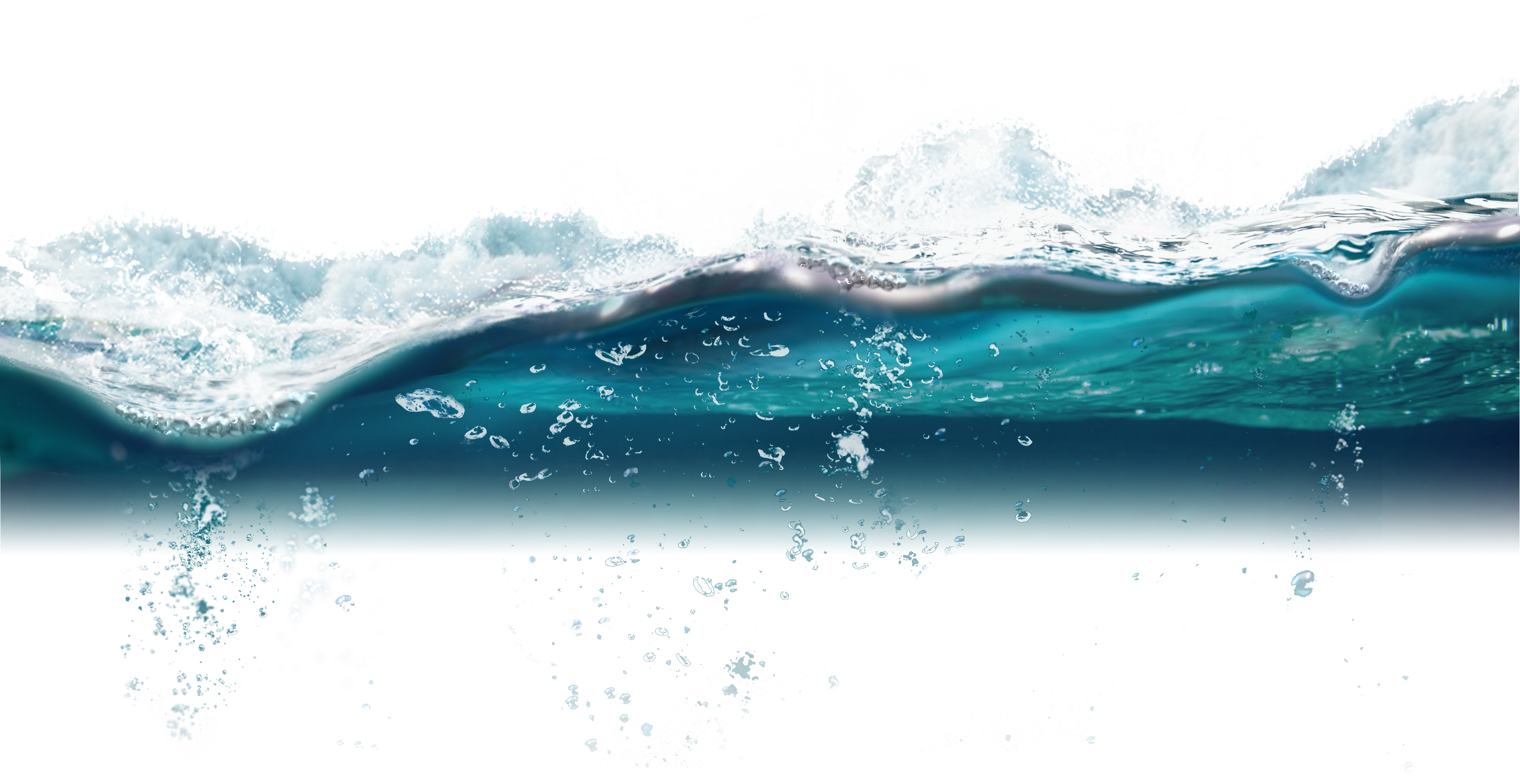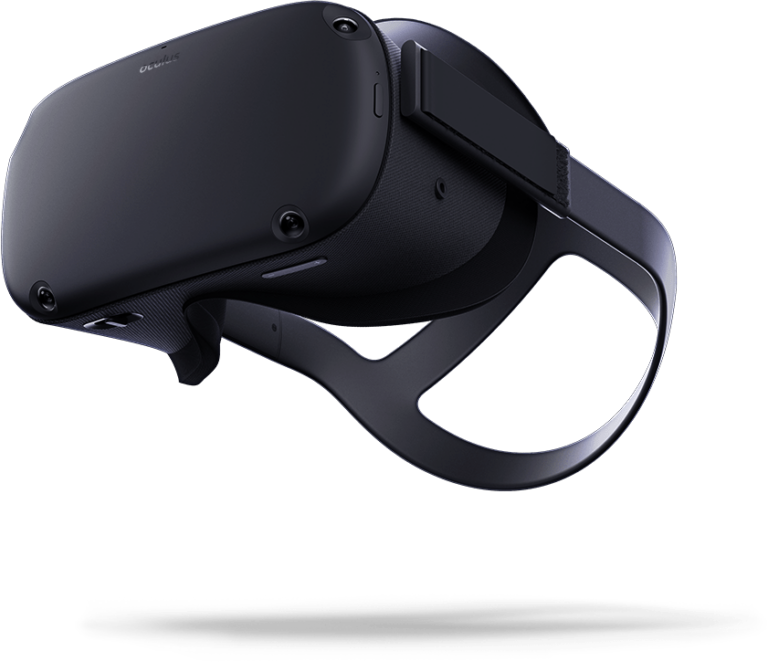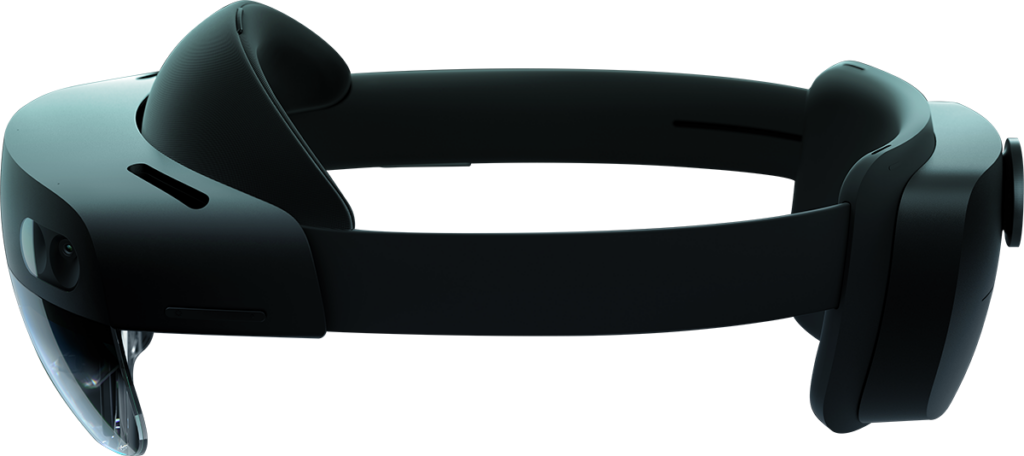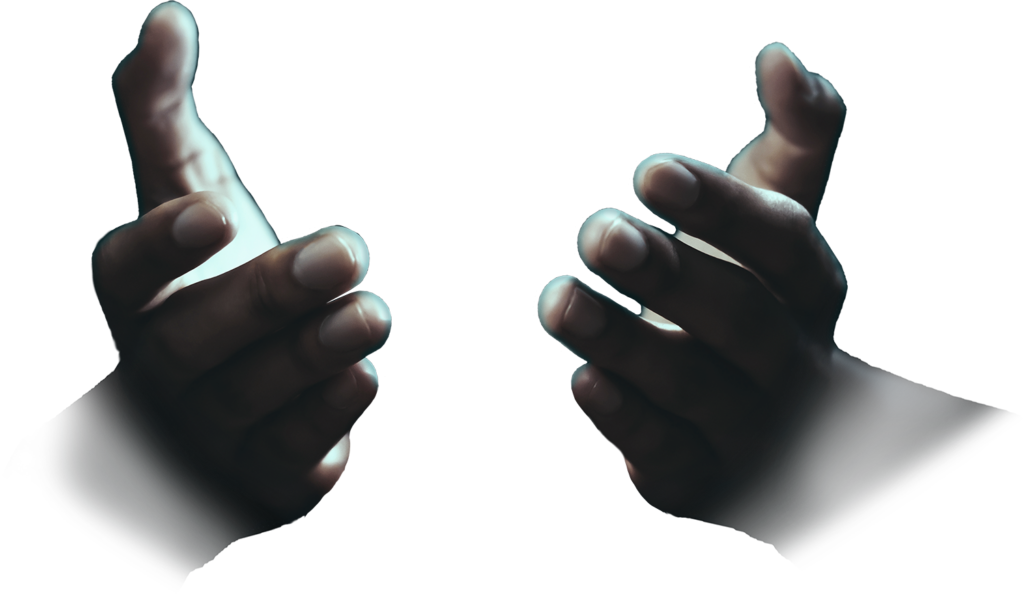
Planning
Through specific XR applications, technical, logistical projects and processes are virtualized, thus their testing may be conducted in a lifelike and safe environment.
Physical parameters are directly experienced in these applications, and process variations may be tested with realistic feedback involving multiple participants.
Database-supported parameterization and data output from these applications efficiently support further project planning and implementation.
Simulation
Through XR applications, the user will be part of a simulation and may experience the impacts of parameter changes firsthand. Thus necessary modifications can be put in place without much effort and cost in order to find the ideal settings.
XR enhances your conception through immersion and interaction.
Training
Whether it’s an initial or recurring training, processes with performance assessment, or team activities, specialized XR applications may reduce effort and costs.
XR applications for practical training measures make complex work environments location-independent.
Advanced Marketing
Present your product and its features to your customer, contactless, in real-time, and in actual size, without costs for shipping. Your customer only needs a smartphone or tablet to view your product from all angles.
With AR, it is possible to elevate your marketing up to a new level in order to open up new avenues for the customer.
Controlling
Critical information for steering and monitoring a company may be visually represented, enabling early responses to deviations.
Thus is it possible to avoid downtime in a production line and elevate quality standards up to a new level, or allow for on-site process inquiries and adjustments.
Stakeholder management
A specific XR applications provides greater transparency for all parties involved. Complex processes or planning stages may be collaboratively accessed by multiple participants from different locations.
How does that work?
Dive into the virtual world with us



VR - Virtual Reality
Virtual Reality, or VR for short, refers to the representation and perception of an interactive virtual environment.
Sensors track a physical bodys movement and adapt these into the VR world.
Thanks to an Integrated sound system in the VR headset, the user immerses in a completely virtual world.
AR - Augmented Reality
Augmented Reality, or AR for short, refers to a computer-generated extension of reality perception.
The surrounding spatial geometry is partially incorporated.
With the help of a smartphone, tablet, or AR headset, virtual objects can be projected.



MR - Mixed Reality
Mixed Reality, or MR for short, refers to objects integrated into reality.
In this case, virtual, three-dimensional objects in the environment are maximally aligned with the spatial geometry.
MR headsets or smartphones and tablets allow for interaction.
- +49 5273 366 20-10
- xr@nusec.de
- Mon - Thurs: 9:00 – 18:00, Fri: 9:00 – 15:00


